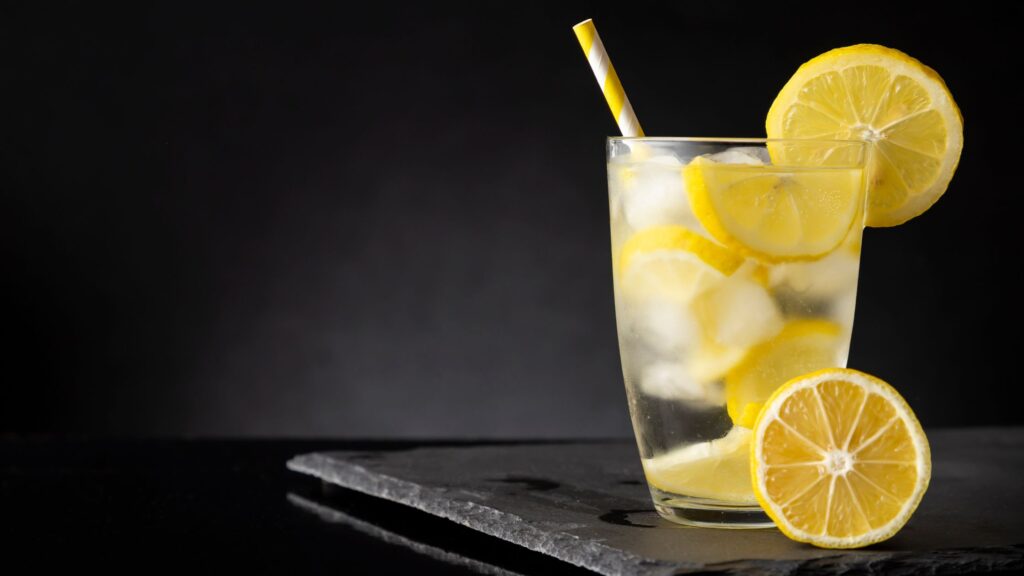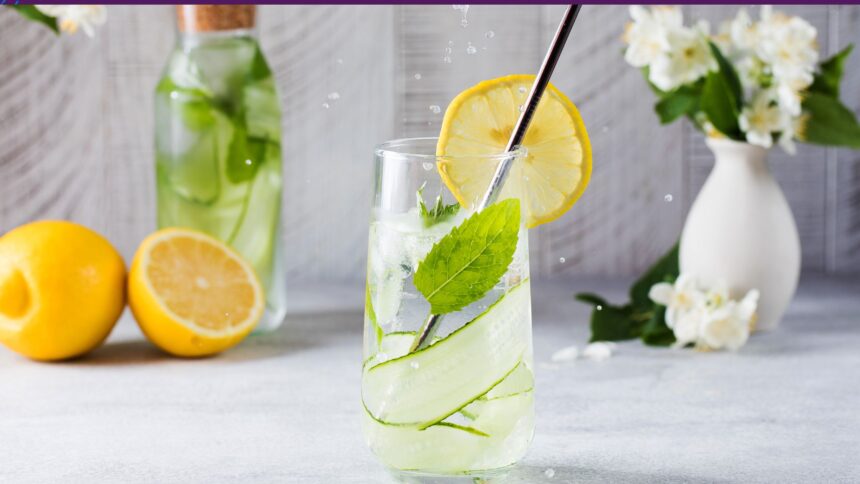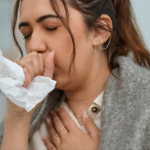As spring blooms bring beauty to the outdoors, they also tend to bring misery to many in the form of seasonal allergies. Sneezing, itchy eyes, runny nose – these bothersome symptoms affect millions each year as pollen counts rise. With no escape from environmental allergens, many sufferers seek relief through natural remedies like drinking lemon water. But does the popular beverage help tame allergies, or is it just another old wives’ tale? Let’s take a closer look at the science.
The Science Behind Lemon Water and Allergies

Lemon juice contains antioxidants called flavonoids that are thought to have anti-inflammatory properties. Since allergies arise from an overactive immune response, anything that can calm inflammation could potentially help dampen symptoms. Test tube studies have shown that compounds in lemons, such as hesperidin, have inhibited the release of histamine – a chemical messenger that triggers sneezing, itching, and more during an allergic reaction. However, researchers are still exploring whether lemon’s anti-inflammatory effects translate when consumed as part of the diet.
Some animal research offers encouraging signs. When mice were given hesperidin before exposure to an allergen, they experienced fewer symptoms like reduced scratching behavior compared to mice who did not receive the antioxidant. A similar study in guinea pigs found hesperidin treatment lessened sneezing and nasal rubbing. But human physiology is far more complex than that of lab animals, so results cannot be directly extrapolated. We need well-designed clinical trials to determine lemon water’s true impact on allergies in people.
So far, only a handful of small studies have been conducted looking specifically at lemon water and allergies in humans. One found that drinking about 3/4 cup of warm lemon water daily for 4 weeks led to a noticeable decrease in allergy symptoms compared to a control group who drank plain water. However, the study only included 30 participants so results could be due to chance. Larger and longer investigations are still underway. Additionally, it remains unclear if raw lemon juice would have the same effect if taken straight rather than steeped in warm water.
Does Lemon Juice Help With Specific Allergies?
While limited research exists, some tentative evidence hints lemon water may provide the most benefit for:
- Seasonal allergies: With its anti-inflammatory properties, lemon juice could help reduce inflammation triggered by airborne allergens like pollen and mold spores.
- Food allergies: Drinking lemon water was linked to mild improvements in food allergy symptoms like hives or digestive issues in one small study. However, it does not replace strict food allergen avoidance.
- Sinus congestion: The citric acid in lemons is a mild natural decongestant that could help drain sinus cavities blocked by allergy-induced mucus.
- Hay fever: As a seasonal respiratory allergy, hay fever involves histamine-related symptoms that antioxidants in lemon water may ease to a degree.
For other allergies where the root cause lies elsewhere, like contact dermatitis or medication intolerances, lemon juice is unlikely to provide much if any benefit on its own. Its effectiveness also remains unclear for severe or long-standing allergic diseases. Overall, more research with diverse groups is still warranted.
Who Should Use Lemon Water for Allergies?
If considering lemon water as an allergy remedy, it’s best suited as a complementary approach rather than a primary treatment. Drinking eight ounces of warm lemon water in the mornings may be a safe way for mild-to-moderate adult allergy sufferers to explore its potential effects. However, those with existing digestive issues like GERD should use caution, as should pregnant or breastfeeding individuals until more is known. Lemon juice may interact with some medications as well. As with any new addition to your diet or regimen, check with your healthcare provider first.
And remember – proper diagnosis and medically supervised management of allergies should not be replaced by lemon water alone. It may offer minor relief when used alongside prescription or over-the-counter antihistamines, but will not cure the underlying sensitivities. Those with severe symptoms need continued medical treatment to stay safe and comfortable. With its hydrating and antioxidant properties though, drinking warm lemon water is generally a low-risk complementary approach worth considering as part of an overall allergy management plan.
Conclusion
While early research on lemon water and allergies provides hints of potential benefits, more robust human studies are still lacking. The limited available evidence suggests it may help mild-to-moderate seasonal or food allergy sufferers feel slightly better by dampening inflammatory responses. Its antihistamine-like compounds could provide minor, additional relief especially when combined with prescription medications. For now, lemon water appears to be a generally safe complementary remedy worth a try under medical supervision. However, it does not replace allergen avoidance or proper treatment prescribed by an allergist. As research progresses, we may gain better clarity on exactly how—and for whom—this tangy beverage can impact the bothersome symptoms of allergies.




